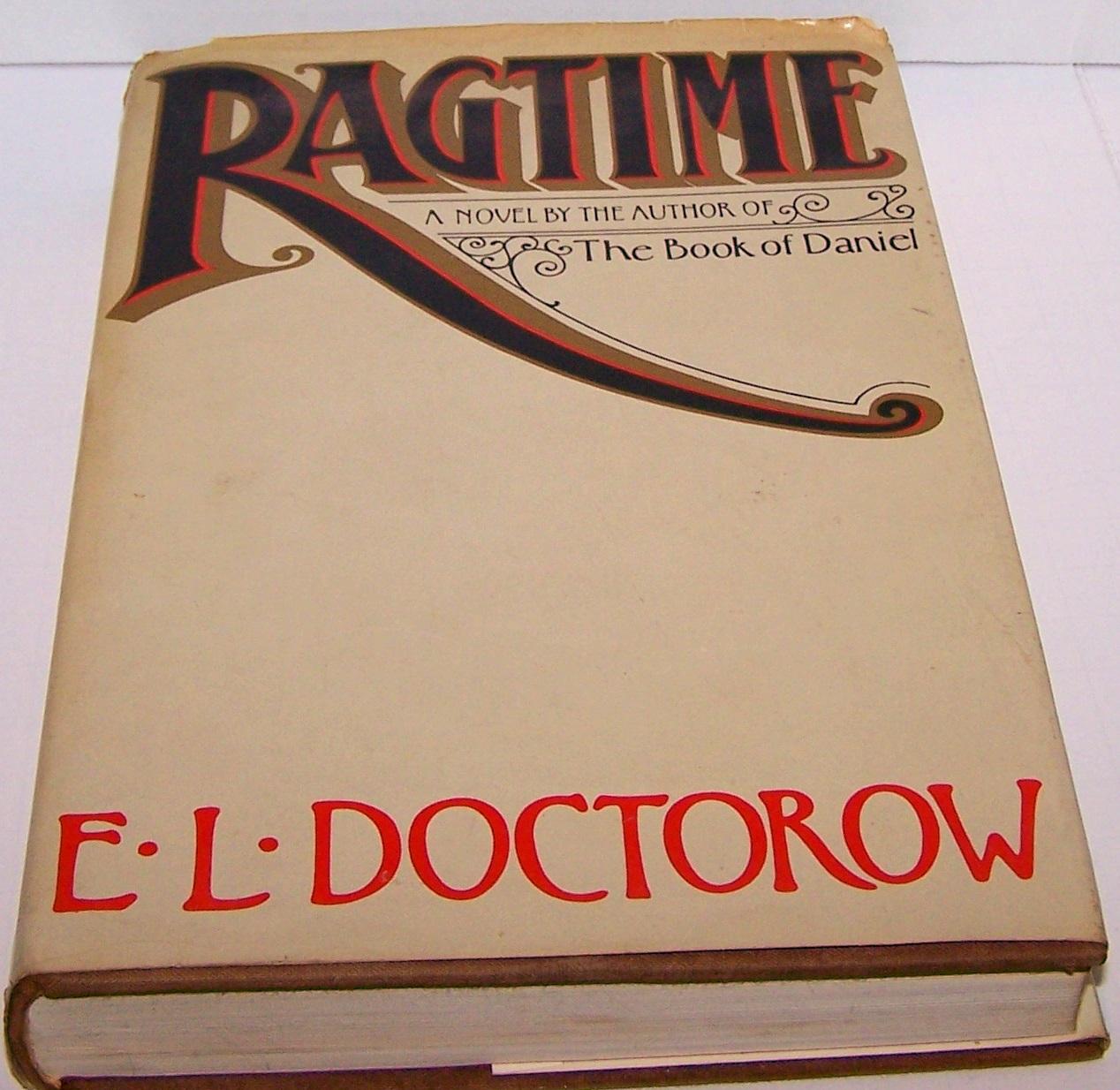


It was an album of boogie woogie with people like Jelly Roll Morton, Meade Lux Lewis and Albert Ammons. I remember in particular one album that excited me terribly. He would bring home not only great opera performances, but jazz records as well. Because of my father’s knowledge and his love of all kinds of music… My mother was more of a classical person and didn’t really understand jazz or like it. But we didn’t then…nobody called it that then. It was what we would call now an enriched childhood. There was always a lot of music in the house. There were always a lot of books in the house. Nobody had any money and my father barely kept the store going. The point about this life was that this was during the Depression. While Mischa Elman went around the world concertizing, poor Lisa had to deal with wretched little miserable students like me.Īnyway, I gave it up fortunately to everyone’s relief after five or six years.

My saintly teacher was a woman named Lisa Elman and she’s the sister of a famous violinist named Mischa Elman. No, I studied at a place called the Bronx House, some blocks away on Washington Avenue in the East Bronx. Usually people were quite relieved when I finished my practice. I unfortunately was a very unsuccessful piano student. His name is Don and his fellow band organizer was named Irwin, so they called themselves Don Irwin and his Musical Cavaliers. They got themselves a job at a Borscht circuit hotel by lying about their age. They used to rehearse in the front parlor. I’ll talk about him too because at the age of 16 he formed a little band. My older brother Don was an aspiring musician. There were always records in the house because music was such a part of the family life. Not a few of the great artists of the day – Toscanini, Horowitz, Rubenstein – patronized his shop and came in and bought their own records from him. But we were very proud of him because he was so knowledgeable and he had a shop that had stock that no one else in the city had. Of course, we would wander around that store after it closed on a Saturday evening and toot on the saxophones and bang on the drums. He sold records, sheet music, musical instruments and then radios. He owned a record shop during the ’30s and into the ’40s on Sixth Avenue between 43rd and 44th Street in the old Hippodrome building or theater. My father was not a musician, but he was something of a musicologist. But she’d look at the screen and she’d rattle off Schubert or Chopin, depending what was going on on the screen…it was totally improvised. And her father and brothers would sit in the row behind her and make sure no one bothered her. As a girl, she paid for her music lessons by playing the piano for silent movies. Music has been a part of your life forever, from what you’ve told me. What follows is an excerpt from our conversation that was aired on my Judy Carmichael’s Jazz Inspired radio show. My interpretation, although different than his, was one he liked even better, so he agreed to do the interview. While this was an intimidating assignment from this wonderful writer, I plowed ahead and called him with my theory after reading the book. Doctorow in 2000 shortly after the publication of his novel City of God in his home in Sag Harbor, New York about growing up with jazz and how music continues to bring joy and inspiration to his life and work.ĭoctorow agreed to sit down with me on the condition that I tell him the jazz connection in City of God. Doctorow’s City of God has been called “The greatest American novel of the past 50 years.” His books have been published in thirty languages and many have been made into movies. Doctorow’s novels include Welcome to Hard Times, The Book of Daniel, Ragtime and Billy Bathgate.


 0 kommentar(er)
0 kommentar(er)
